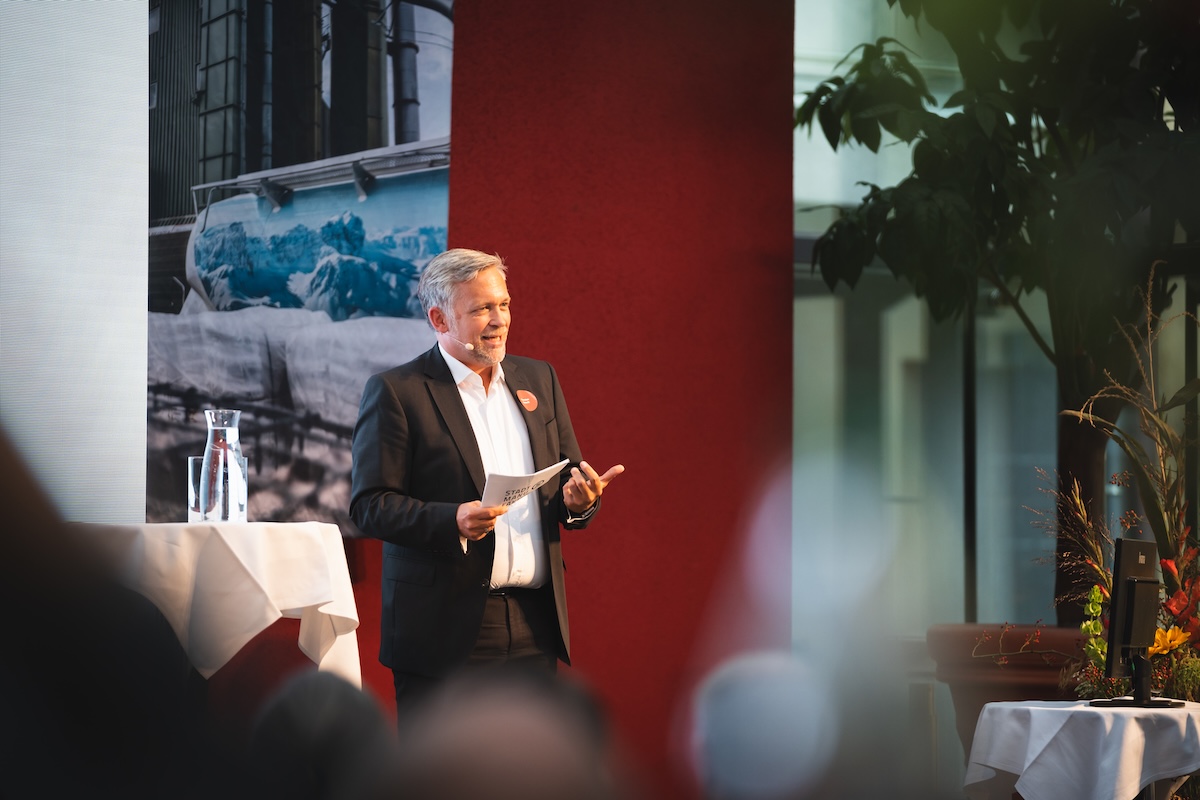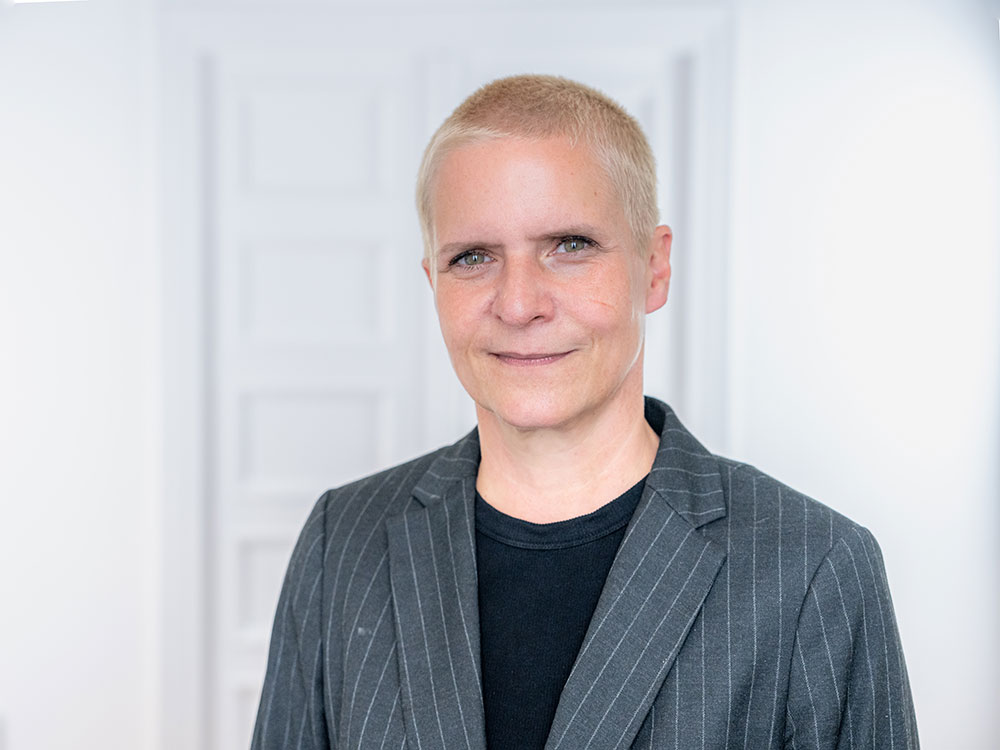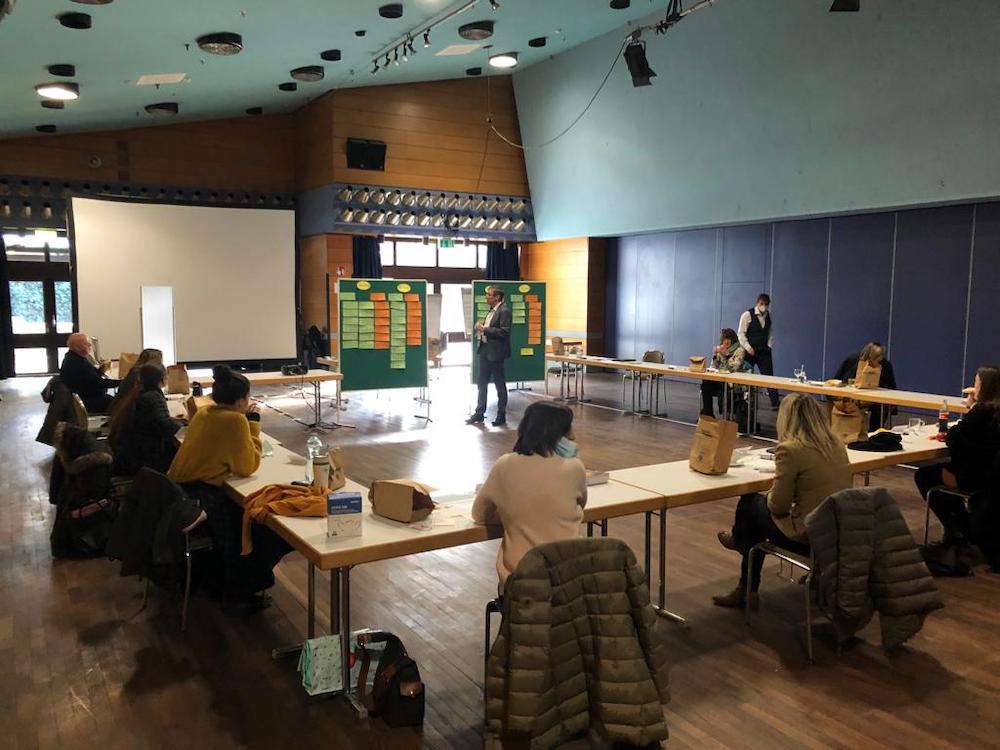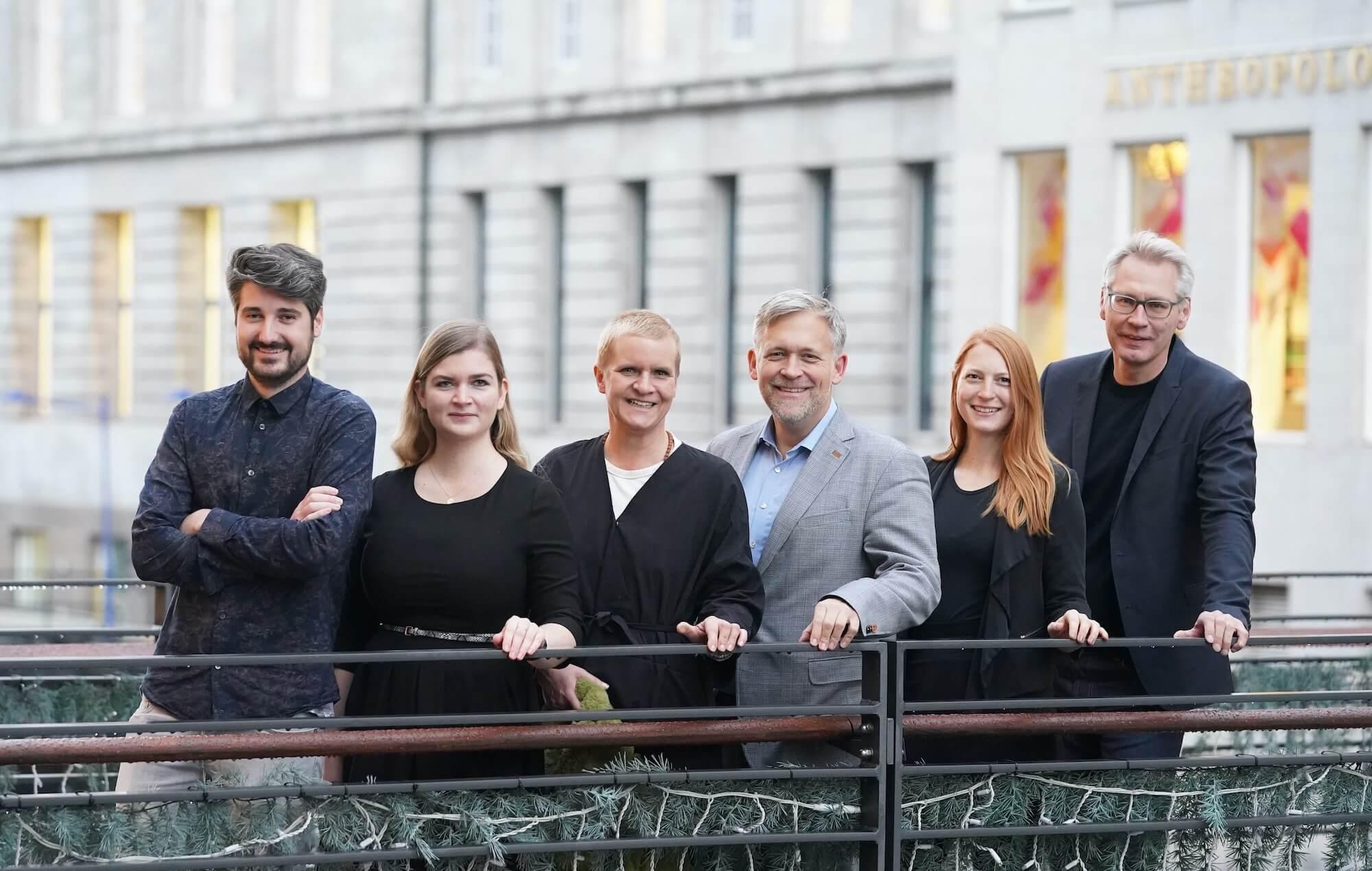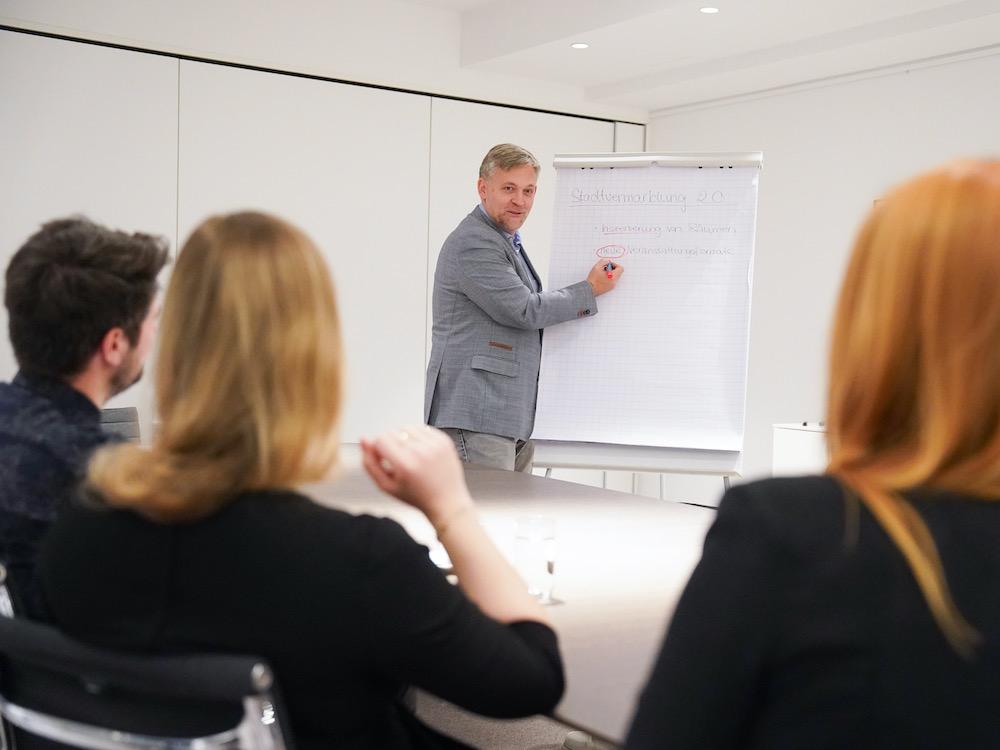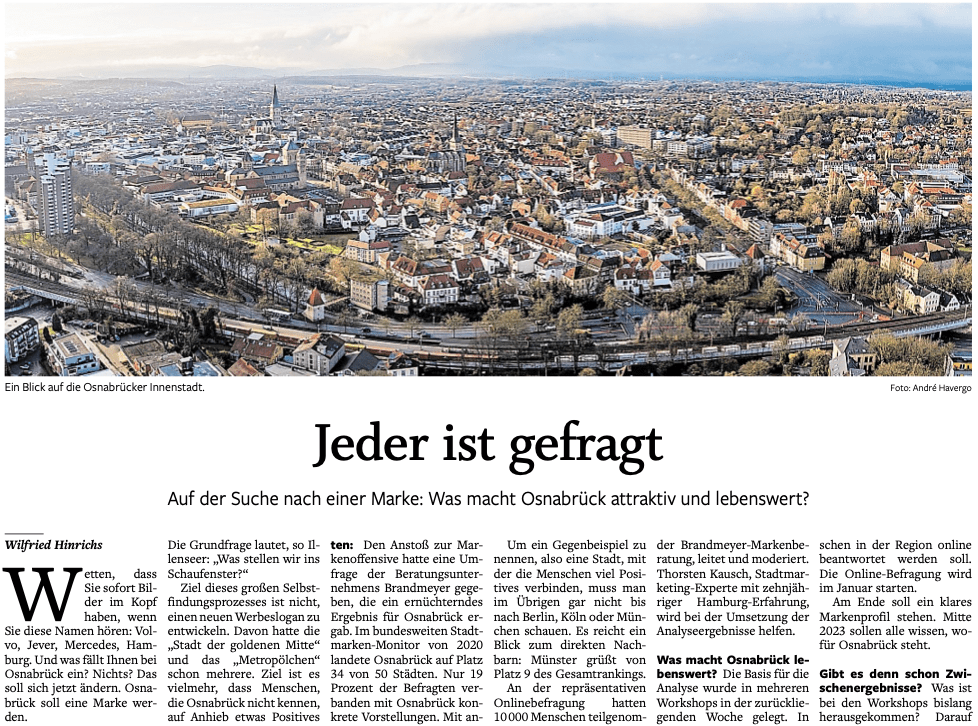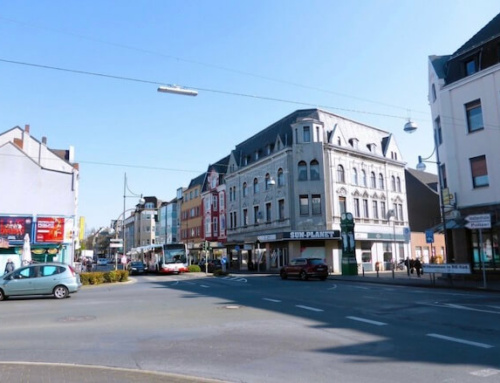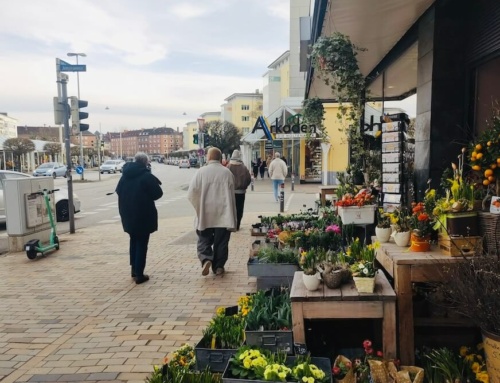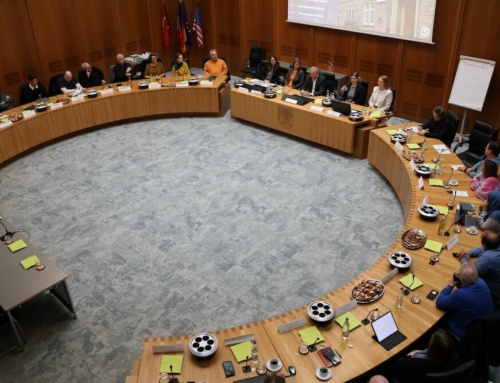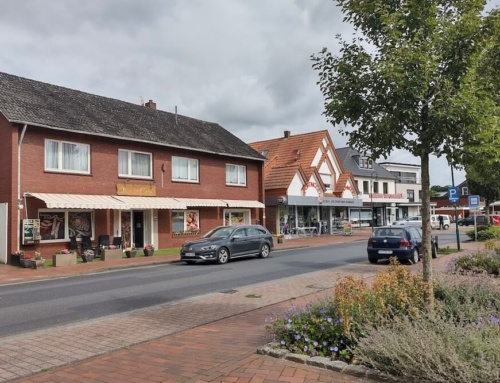Client: Economic development of the state capital Hannover
Project period: November 2022 – May 2023
The project in brief
The economic development agency of the state capital of Hanover gave us a clear mandate: to develop an organizational and implementation recommendation for city centre management to accompany the integrated concept for a resilient city centre.
We used two model approaches to illuminate the possibilities for action – and derived a clear recommendation for Hanover: an integrative rather than merely cooperative model for city centre management that bundles forces and competencies, involves public and private stakeholders and accompanies the city centre transformation.
Task and background
In 2021, Hannover conducted a participatory dialogue on the future of the city center, followed by a draft resolution in September 2022 – including the establishment of a city center management: “The establishment of an interdisciplinary ‘caretaker unit’ is an important building block for the successful transformation of the city center into a place with more diversity of use, new use of public spaces, new, sustainable mobility, good economic conditions, in short, with a high quality of stay,” according to the argumentation of the Hannover Economic Development Agency.
The project was funded by the European Regional Development Fund (ERDF) and the“Perspektive Innenstadt!” immediate action program of the state of Lower Saxony.
Our way of working
The aim of the project was to develop a city center management system that is a communication, networking and control unit in one – and develops future-proof impulses for the transformation of the city center.
It was clear to us that a city center consists of many players and numerous interests. That is why sustainable models can only be developed in cooperation with the public and private stakeholders of the city center – taking into account expectations, existing processes and interfaces.
For the project process, this meant
- Individual discussions with key public and private stakeholders to analyze the initial situation and expectations of city center management
- 3 workshops with stakeholders (objectives and fields of action, interfaces and cooperation, shoulder view organizational models)
- Intensive coordination and feedback rounds to qualify and refine the model approaches
- Elaboration of two organizational models and derivation of a clear recommendation for one model
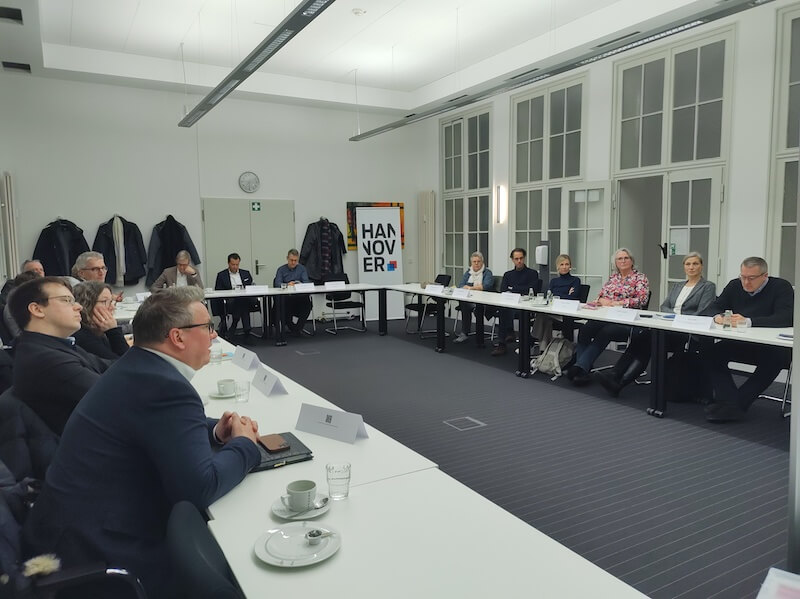
Workshop with city stakeholders
The result: integration model trumps cooperation model
Two sophisticated model approaches for inner city management, including resource requirements and evaluation, are on the table – with strong arguments in favor of the integration model we have developed. The public and private stakeholders are positive and implementation can begin. Hannover wants to and will actively shape the inner city transformation – with integrative inner city management.
